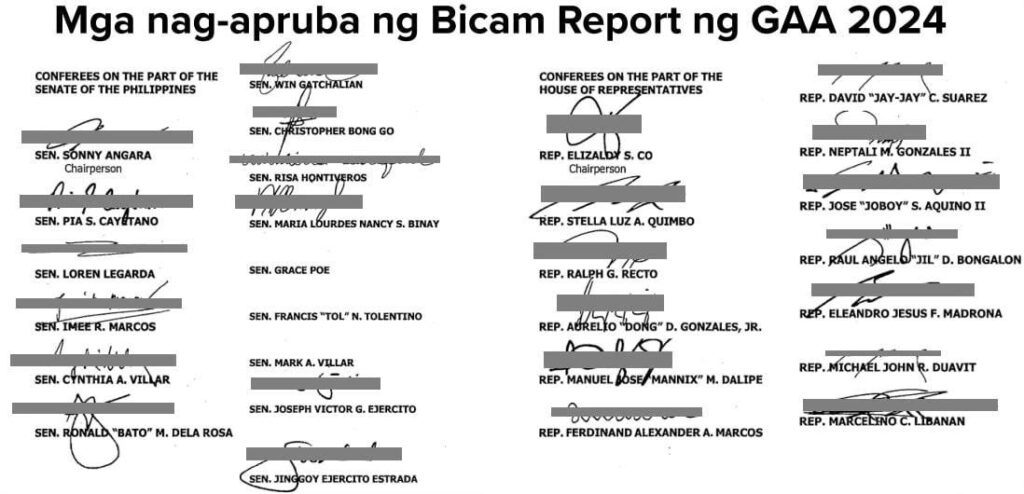Today, May 21, would have been the 72nd birthday of superstar and National Artist Nora Aunor. More than a month after her passing, tributes continue to pour in, celebrating her enduring influence on Philippine cinema and culture. Fans, film students, cinephiles and ordinary movie goers have been rediscovering her work, as many of her unforgettable films have been uploaded on YouTube recently.
I came across the restored version of the “Bulaklak sa City Jail,” an award-winning film written by Lualhati Bautista and directed by the great Mario O’Hara. Restored by ABS-CBN’s Sagip Pelikula, it breathes new life into a gripping story that remains painfully relevant. The film follows Angela, a pregnant woman wrongfully accused of attempted murder. Through her, we witness the brutal realities faced by women inmates—overcrowding, abuse, and the struggle for dignity in a system that often forgets them.
Aunor’s performance as Angela Aguilar was nothing short of groundbreaking, earning her the Best Actress award at the 10th Metro Manila Film Festival (MMFF) in 1984. The film won six major awards, including Best Picture and Best Director for O’Hara. Her portrayal of Angela—raw, vulnerable, and fierce—cemented her status as a cinematic legend, proving once more her ability to embody the struggles of the Filipino people.
As I watched, I couldn’t shake the discomfort creeping in. Was everything I saw merely a dramatization, or had these injustices truly happened behind bars? The brutality, exploitation, and dehumanizing conditions felt too real to simply be fiction. Unfortunately, looking deeper into the realities of Philippine jails today, I realized that much of what “Bulaklak sa City Jail” depicted still exists, and in some ways, has even worsened.
The Manila City Jail, where much of the film was set, continues to grapple with severe overcrowding. Designed to hold a maximum capacity of 1,200 inmates, it now houses over 3,200 detainees, reflecting a 168-percent overcapacity rate. Across the country, the Philippine penal system is among the most congested in the world, ranking third globally—according to the United Nations Office on Drugs and Crime (UNODC). Further, as per the Department of Interior and Local Government (DILG), the women’s detention centers are often more crowded than those for men, intensifying the challenges faced by female inmates.
Women in Philippine jails endure conditions that strip them of basic human dignity. Overcrowding leads to insufficient access to food, water, and healthcare. Many women are detained for non-violent offenses, yet they face the same harsh conditions as those convicted of serious crimes. The lack of proper segregation and oversight makes them vulnerable to sexual and physical abuse, a grim reality that echoes the struggles depicted in the Nora Aunor film.
The National Decongestion Summit, held on December 6, 2023, in Manila, brought together over 300 policymakers, corrections practitioners, and justice sector professionals to address the crisis in both male and female prisons. Discussions focused on reducing admissions, shortening detention times, and increasing releases. One of the most alarming revelations was that more than two-thirds of detainees are in preventive detention, meaning they have not yet been convicted but are already enduring the harsh realities of incarceration.
Since the summit, new initiatives have been launched to tackle jail congestion and improve detainee welfare. The Supreme Court has begun advocating for lower bail amounts for indigent detainees, making it easier for accused individuals to secure release. Courts have also prioritized expediting criminal case processing to prevent unnecessary prolonged detention. Meanwhile, the Bureau of Jail Management and Penology (BJMP) has expanded its Jail Paralegal Programs, ensuring detainees receive proper legal assistance and facilitating early releases.
Women inmates face unique vulnerabilities, including pregnancy, nursing, and exposure to sexual violence, yet the lack of female-exclusive facilities limits access to gender-specific healthcare and social services mandated by the United Nations Bangkok Rules—a set of guidelines adopted in 2010 to ensure the fair and humane treatment of women prisoners and promote non-custodial measures for female offenders. To address this, the Supreme Court has committed to providing counseling, educational and livelihood training, childcare support for pregnant detainees, and self-defense programs.
The Marcos administration, among others, must prioritize the construction of new facilities and the implementation of policies that protect women from abuse. Proper segregation, increased oversight, and access to healthcare and legal assistance are essential steps toward improving conditions. Additionally, tackling the root causes of incarceration, such as poverty and lack of education, can reduce the number of women entering the penal system.
“Bulaklak sa City Jail” reminds us of the power of storytelling to expose social injustices. By addressing systemic issues and implementing meaningful reforms, we can honor the legacy of films that bring these realities to light and work toward a future where no woman is forgotten behind bars.
For comments, email jojoterencio@gmail.com




